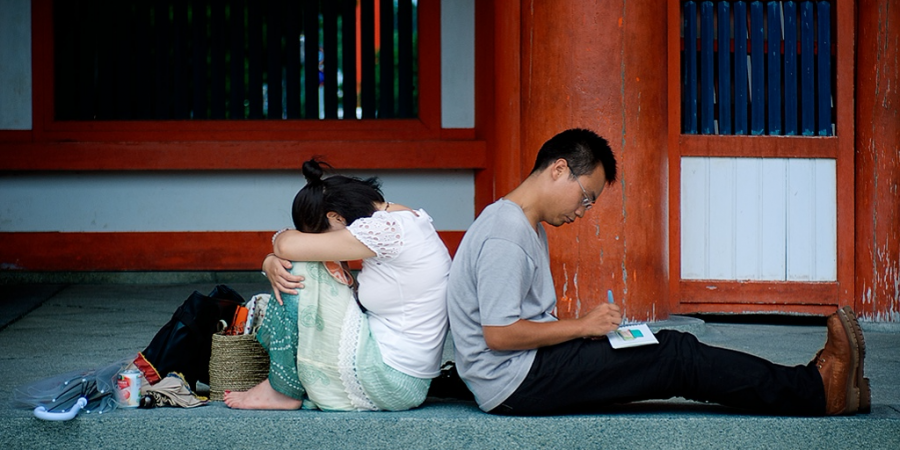Japanese med schools exposed for systematic discrimination
Photo Credit: Pieterjan Vandaele
The traditional idea of gender roles is deeply ingrained in the minds of the people as a “way of life”.
January 17, 2019
Last summer, news broke out that Tokyo Medical University admitted to a systematic manipulation of test scores with the aim of maintaining the low percentage (30%) of female medical students (Yomiuri Shimbun). The university claimed to have limited the acceptance of women as a necessary “precaution” against the tendency of women to leave their positions as doctors to marry and start a family.
The recent scandal highlights the persistence of sexism in Japanese society, despite many attempts at advocating for women’s rights and safety. It sheds light on the hidden nature of discrimination in Japan as the traditional idea of gender roles is deeply ingrained in the minds of the people as a “way of life”. Rather than taking measures to re-examine the work environment for women and bringing much needed reform, the university resorted to limiting the number of women admitted. This sort of approach is detrimental to Japanese society as it sends a false message that women must make a choice between starting a family, or pursuing a career, when in reality there is no reason why they cannot have both.
The logic behind the university’s system of manipulating scores is also misguided because not only is there a shortage of surgeons in Japan (reported by the Ministry of Health, Labour, and Welfare), but there are also certain types of medical support that are better provided by women. Since half or more of patients are women, it makes no sense to limit their numbers in the field.
After this scandal, the Ministry of Education commenced an investigation into all other medical schools nationwide. Showa University and Juntendo University emerged as schools who manipulated the entrance examination results, and the Japan Times reported in November last year that Tokyo Medical University would take measures to accept the 101 applicants unfairly rejected in 2017 and 2018 by their discriminatory admission practices. As these universities scramble to rebuild their reputations (mainly by opening press conferences to perform scripted apologies and taking hasty measures such as re-accepting these students), there is still the underlying issue of the attitudes that prompted the universities to perform these outrageous admission practices. Whether there is progress in eliminating the gender inequality at the core of this scandal, remains to be seen.























































